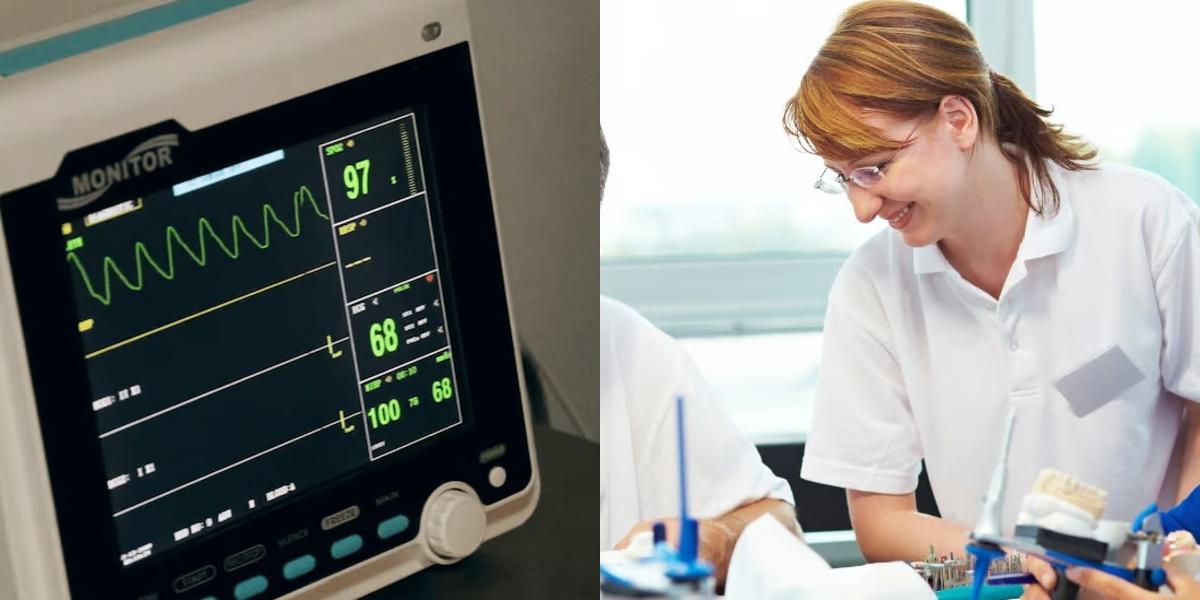EKG vs Psychiatric Technician

When it comes to choosing a vocational training program, it's essential to consider your interests, skills, and career goals. Two popular options in the healthcare field are becoming an EKG technician or a psychiatric technician. While both professions involve working in a medical setting, the roles and responsibilities are quite different. In this blog post, we will explore the differences between an EKG technician and a psychiatric technician, including job descriptions, education and training requirements, and career outlooks.
EKG vs Psychiatric Technician: Career Outlook and Salary
When considering a career path, it's essential to examine the job outlook and earning potential. Here's what you can expect as an EKG technician or a psychiatric technician:
-
EKG Technician:
- According to the Bureau of Labor Statistics (BLS), the employment of cardiovascular technologists and technicians, including EKG technicians, is projected to grow 9 percent from 2019 to 2029, faster than the average for all occupations.
- The median annual wage for cardiovascular technologists and technicians was $59,410 as of May 2020, with the lowest 10 percent earning less than $30,880 and the highest 10 percent earning more than $97,370.
-
Psychiatric Technician:
- The BLS projects that the employment of psychiatric technicians will grow 6 percent from 2019 to 2029, which is faster than the average for all occupations.
- The median annual wage for psychiatric technicians was $36,070 as of May 2020, with the lowest 10 percent earning less than $27,340 and the highest 10 percent earning more than $62,840.
Final Thoughts
Choosing between a career as an EKG technician or a psychiatric technician ultimately depends on your interests, skills, and career goals. If you have a passion for cardiology and enjoy performing diagnostic tests, becoming an EKG technician may be the right path for you. On the other hand, if you have a desire to work with individuals with mental health issues and provide direct care, pursuing a career as a psychiatric technician may be a better fit. Consider your strengths, preferences, and long-term career prospects when making your decision.
Dreambound's programs are accessible in various locations. To gather more information about these two vocations, check out:

Sunshine is a member of the School Growth team at Dreambound, where she assists students and schools with their billing and onboarding needs. She is a licensed mechanical engineer. Outside of work, she enjoys road trips with her family, discovering cozy cafes, and exploring her love for art.




